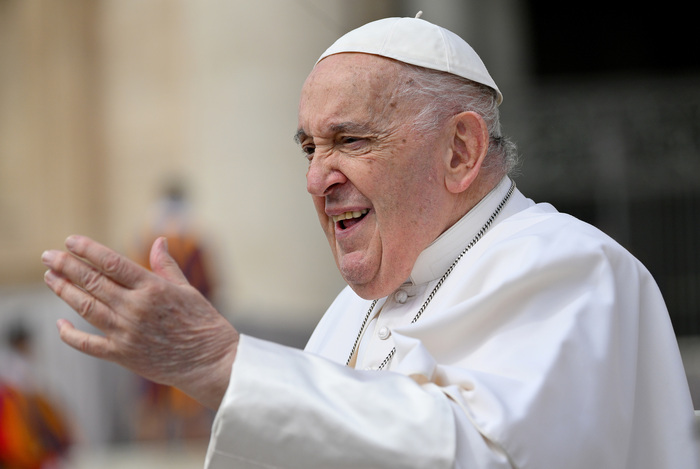Qualified as a geostrategic earthquake in the Middle East, due to the failures of the agreement to normalize relations between Israel and the United Arab Emirates, the smoking cannon of the acquisition of high-tech US weapons is beginning to appear. After the diplomatic understanding, Prime Minister Benjamin Netanyahu has boasted that for the first time his country had achieved "peace for peace", without territorial and political concessions, as in the case of the treaties with Egypt (1979) and Jordan (1994 ).
In Dubai and Abu Dhabi, the Emirati sheiks have risen to the Arab world for sealing a "peace in exchange for annexation" that has made it possible to stop, through the exchange of ambassadors, the extension of Israeli sovereignty to almost a third of the West Bank . In the White House everything has been applause for President Donald Trump for his mediation in the pact, by which the first shoots flourish in his withered "deal of the century."
Since the John F. Kennedy era, the United States has guaranteed the Jewish state military technological superiority by granting it the right of veto over the sale to other countries of the region of the most modern American weaponry, such as state-of-the-art combat aircraft or missiles. Since then, the Hebrew Army has had the most advanced arsenal in all wars, currently funded by US aid of 3.8 billion dollars (3.2 billion euros) a year.
The Emirates has an annual budget for rearmament of the order of 23,000 million dollars, of which 20,000 million are monopolized by the US arms industry. Israeli companies in the defense sector also sign contracts each year (informal, in the absence until now of formal relations) amounting to several hundred million dollars with the federation of Gulf principalities, according to a report quoted by the Haaretz newspaper . Drones and cybersecurity technology make up the biggest games, although the lion's share has been taken by the technological modernization of the F-16 fighters of the Emirati Air Force.
Only Israel has stealth F-35 fighter jets in the eastern Mediterranean and the Middle East, theoretically undetectable by radar. Turkey had a purchase option, but in opting for Russian-made S-400 missile systems, Washington excluded it from the Lockheed Martin company's waiting list.
Both Saudi Arabia and the Emirates also placed orders with the US manufacturer, but the Israeli government vetoed the operation under the safeguard clause of its military technological superiority. In return, he offered to upgrade the antiquated Emirati F-16s, the same ones that operate in the conflicts in Yemen and Libya.
This political equation, which unbalances in favor of the Jewish State the modernization of arsenals in the face of the large safes of the Gulf monarchies, may have been broken after the normalization of relations last Thursday. The columnist Nahum Barnea, one of the most prestigious in the Hebrew press, was the first to point to a “peace by arms” agreement by reporting in the Yediot Ahronoth newspaper that, in essence, the Emirates has agreed to formalize the hidden ties that has been with Israel since 1994 not just in exchange for Netanyahu stalling the partial annexation of the West Bank. Behind it also seems to be the promise that Emirati aviation will finally be able to acquire the F-35 fighters.
The prime minister immediately replied that it was "false information" and his Cabinet denied that the veto had been lifted, reaffirming that objections to the sale of F-35s to any Arab country still stand. "The peace agreement with the Emirates does not include any clause in this regard and the United States has made it clear that it will scrupulously preserve Israel's military technological superiority," the official statement emphasized.
Israel and the Emirates are two of the main customers of the US military industry. The tightening of diplomatic ties adds purchasing power in the eyes of the Administration of President Trump, who in his first tour of the Middle East announced a contract for the sale of arms to Saudi Arabia for an amount of 100,000 million dollars.
"When the United States is going through a deep crisis, Trump attaches even greater importance to large arms sales operations," says Amos Harel, a defense analyst at Haaretz. "Netanyahu's room for maneuver vis-à-vis Trump is limited, precisely because of his close relationship with him and because of the weakness of his ties with the Democrats, which can only be aggravated if Joe Biden is elected in November."
To recover in health, members of the Executive such as the Minister of Energy, Yuval Steinitz, remember that Israel is out of the range of the stealthy F-35s that can take off from the Emirates.

/cloudfront-eu-central-1.images.arcpublishing.com/prisa/JMCSH3UGEFEQJGGD7MH6UUOAXA.jpg)












